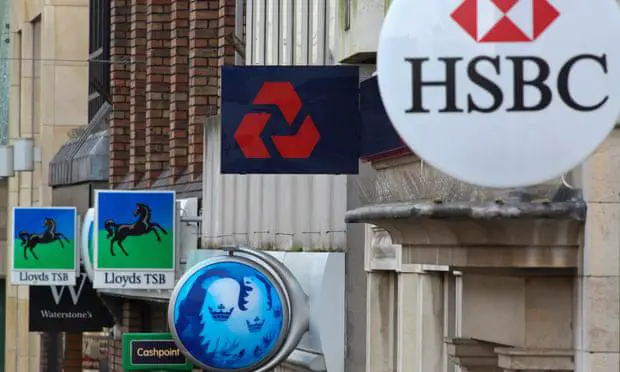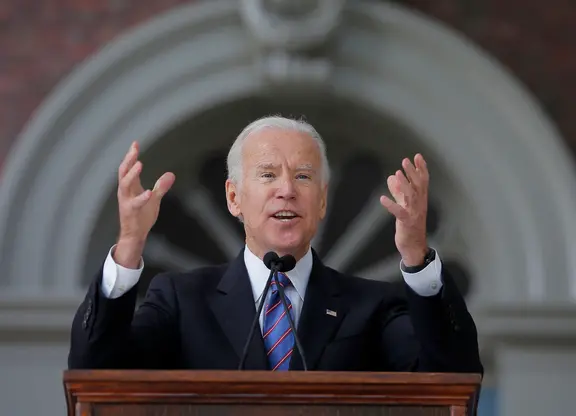Banks are to be banned from charging excessive fees for unauthorised overdrafts as part of the City watchdog’s clampdown on the “dysfunctional” high-cost credit sector.
In what the Financial Conduct Authority described as the biggest intervention in the overdraft market for a generation, it is proposing a simple, single interest rate for each overdraft with no fixed daily or monthly charges.
However, the FCA has stepped back from a cap on overdraft fees because of fears it could be challenged in court by the banks.
Last year, firms made more than £2.4bn from overdrafts, with about 30% from unarranged overdrafts, the watchdog said. More than half the unauthorised overdraft fees came from 1.5% of customers in 2016, with people living in deprived areas most affected. In some cases, these fees can be more than 10 times as high as charges for payday loans.
Laura Suter, personal finance analyst at investment platform AJ Bell, said: “Someone with a £100 unarranged overdraft at the moment can pay £5 a day in charges, and the FCA plans to reduce this to just 20p a day.”
The watchdog will not set a monthly price cap, arguing it could have unintended consequences, but expects prices to fall as a result of competition from more transparent costs.
Debt charity StepChange welcomed the ban on unauthorised overdraft charges. Its head of policy, Peter Tutton, said it “should help to disrupt the toxic ‘debt spiral’ effect that overdrafts can create, trapping people in a persistent cycle of overdraft debt. Requiring firms to intervene earlier and more meaningfully when their customers show repeated use of overdrafts is hugely important, too.”
StepChange said overdrafts were the second most commonly held consumer credit debts after credit cards, with the average amount £1,523.
Consumer group Which? said the ban would come as a “massive relief for all those regularly hit with such extortionate charges, which cost some people thousands a year”.
Its managing director, Jenni Allen, said: “The regulator must now ensure these important changes are swiftly introduced and enforced to finally stop this unfair practice and put an end to these excessive fees.”
The FCA says that arranged overdraft prices must be advertised in a standard way, including an APR to help customers compare them; and refused payment fees should “reasonably correspond to the costs of refusing payments” and must be explained.
The FCA also told banks to do more to identify customers who are in financial difficulty and to help them reduce their overdraft use – without announcing specific measures.
Following a consultation in May, the watchdog has already ordered firms to provide online tools that allow customers to check if they can get a cheaper overdraft elsewhere, along with calculators that translate interest rates into pounds and pence. It has also asked for mobile phone alerts and changes to how overdrawn balances are displayed at cash machines.
The FCA chief executive, Andrew Bailey, said: “These changes would provide greater protection for the millions of people who use an overdraft, particularly the most vulnerable. It is clear to us that the way banks manage and charge for overdrafts needed fundamental reform.
“We are proposing a series of radical changes to simplify the way banks charge for overdrafts and tackle high charging for unarranged overdrafts. These changes would make overdrafts simpler, fairer, and easier to manage.”
The watchdog has also proposed new rules for doorstep lending, catalogue credit and store cards. It is proposing additional protections on “buy now, pay later” offers, including stopping backdated interest for repayments made during the offer period, that will save consumers about £40m-60m.
The FCA will consider feedback before publishing its final rules on overdrafts and “buy now, pay later” offers next June.
(THE GUARDIAN)
 简体中文
简体中文





















